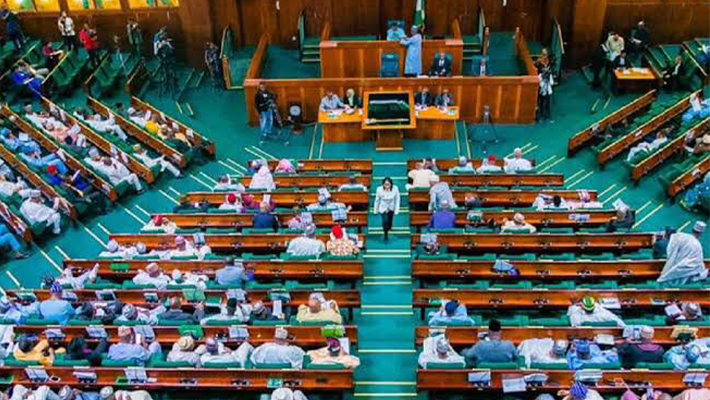The Nigerian House of Representatives, on Tuesday, turned down a proposed constitutional amendment aimed at rotating the presidency and vice presidency among the country’s six geopolitical zones.
This bill was one of seven constitutional amendment proposals listed for debate on the House’s order paper.
All seven were ultimately rejected, although lawmakers agreed to revisit and consider each on its individual merits on Wednesday.
To fast-track deliberations, the House suspended its usual procedures, allowing members to debate any of the proposed amendments.
A majority chose to focus on the rotational presidency bill, which quickly became the most contentious.
Opposing voices, led by Deputy Minority Leader Aliyu Madaki, argued that the issue of equitable representation is already addressed through the Federal Character Commission and internal mechanisms within political parties.
He cautioned that embedding zoning in the constitution could create unnecessary complications.
Another lawmaker, Sada Soli (APC, Katsina), acknowledged the idea’s creativity but questioned its potential impact on leadership quality.
He warned that enforcing regional rotation could stir ethnic tension rather than national unity.
Similarly, Shina Oyedeji (PDP, Oyo) feared that such a policy might trigger new demands for fairness across tribes and states, possibly leading to deeper fragmentation.
He asked, “If zoning favours the Southwest, for instance, who gets the ticket—Oyo or Ogun?”
Bello Mohammed El-Rufai also raised concerns over constitutional ambiguity if the president were to die in office.
He believed such a provision might infringe on Nigerians’ rights to seek elective positions.
Olumide Osoba (APC, Ogun) added that the bill would unreasonably constrain political parties’ candidate selection processes.
On the other hand, some lawmakers supported the bill.
Minority Whip Ali Isa called for zoning at both the federal and state levels to ensure all regions have an opportunity to lead.
Clement Jimbo (APC, Akwa Ibom) described the bill as a remedy for the long-standing marginalisation of minority groups.
Despite these varied views, the House voted against the bill through a voice vote, denying it a second reading.
Other rejected proposals included bills seeking to transfer the registration and regulation of political parties from INEC to a new Registrar General, strengthen the independence of State Auditors-General for local governments and the FCT, and create a new Ughelli East Local Government Area in Delta State.


